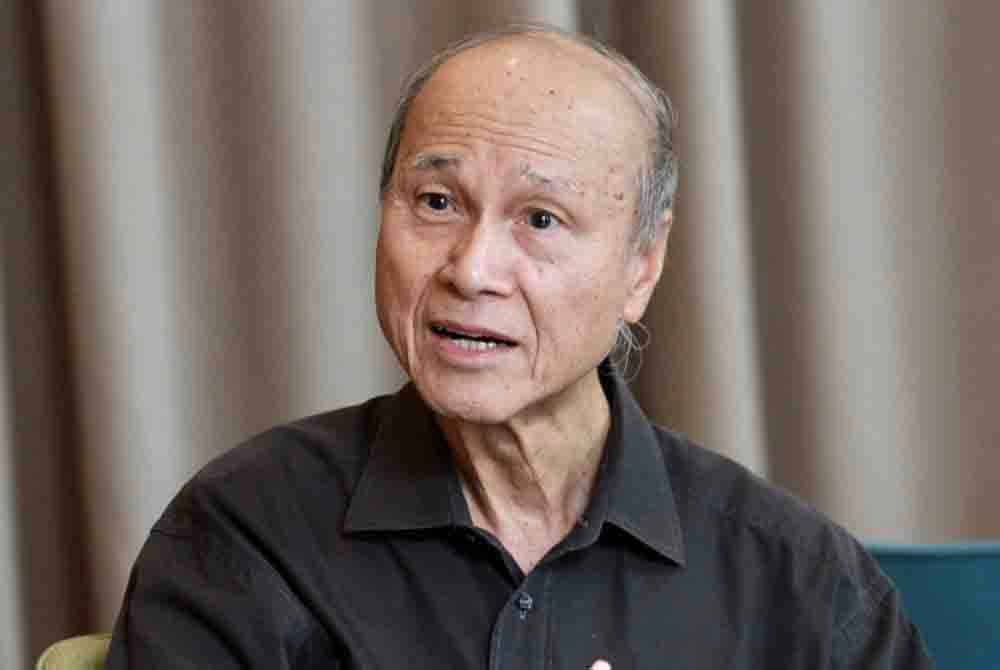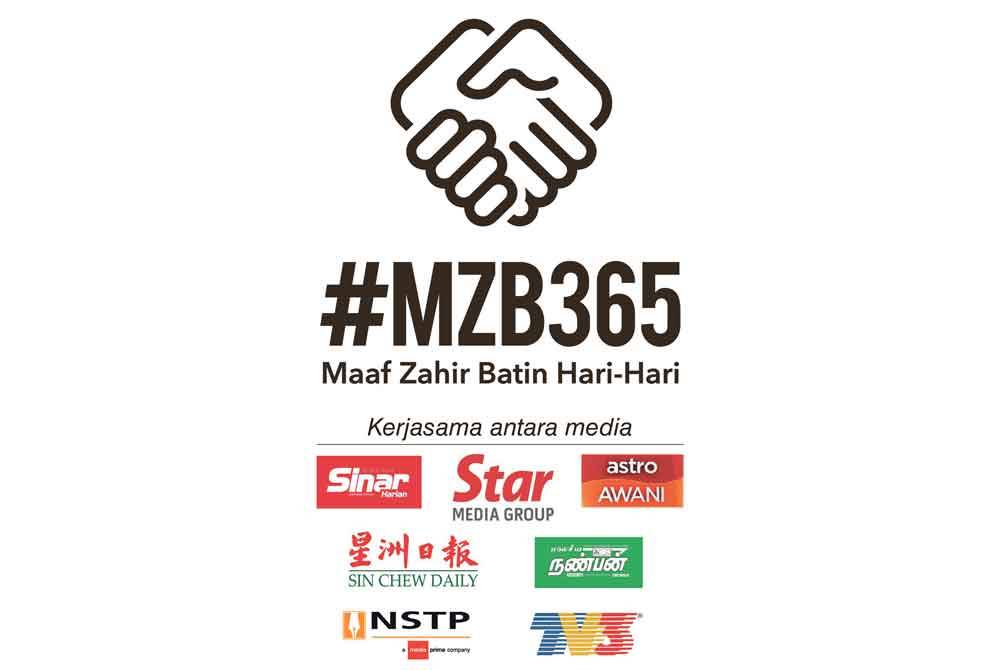Forgiveness, not animosity, key to addressing ethnic differences - Lee Lam Thye
#MZB365 promotes inter-ethnic tolerance in Malaysia

SHAH ALAM - The culture of admitting mistakes, seeking forgiveness, and forgiving should be practised by all races in this country to facilitate interaction and maintain harmony and create the value of cross-integration.
National Unity Advisory Council Member Tan Sri Lee Lam Thye said apologising does not diminish or degrade someone, but rather it is a noble act to raise awareness in rectifying mistakes.
"Forgiving, on the other hand, does not mean we forget the dispute; instead, it shows an open heart to accept the mistakes of others that can be handled without animosity.
"Like how we acknowledge mistakes during festivals and seek forgiveness before Aidilfitri, the #MZB365 (Maaf Zahir Batin Hari-Hari) movement invites society to cultivate the habit of apologising throughout the day, every year, in facing various issues that may create disputes, especially issues involving ethnicity and differences of opinion," he said in a statement today.

The #MZB365 movement, spearheaded by a collaboration between several non-governmental organisations (NGOs) and Civil Society Organisations (CSOs), alongside the participation of five local media entities, seeks to dismantle ethnic and religious animosity.
It champions the everyday practice of seeking and granting forgiveness, highlighting its significance across different faiths and cultural traditions.
Lee also pointed out the critical nature of the #MZB365 campaign in the context of irresponsible actions that fuel anger and division within ethnic and religious communities.
"Sensitive cases need to be handled with a more merciful approach to ensure they are not used as political bait that will exacerbate racial divisions," he added.









